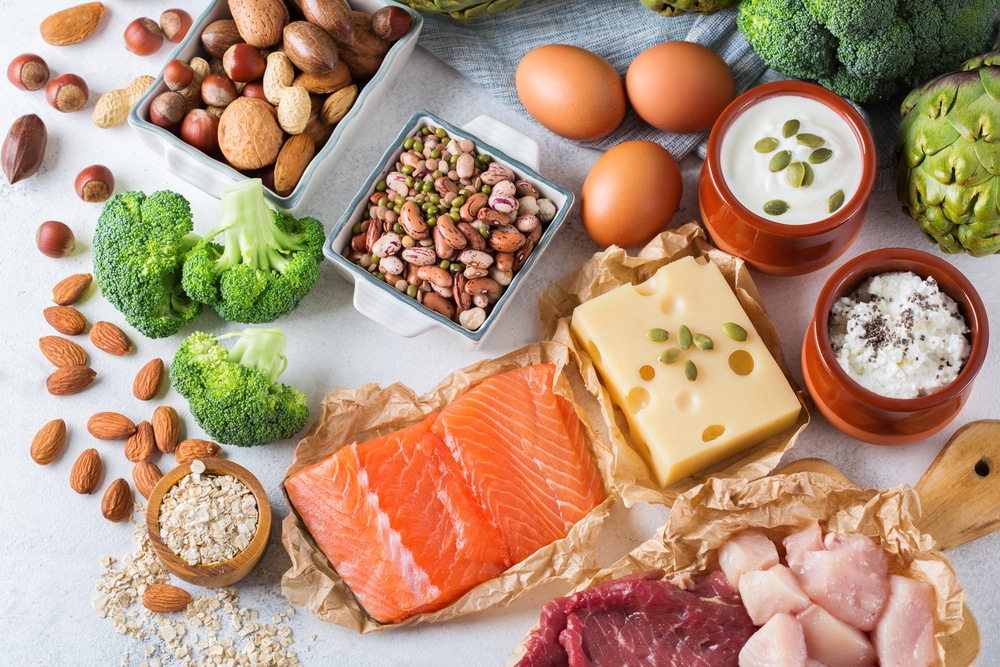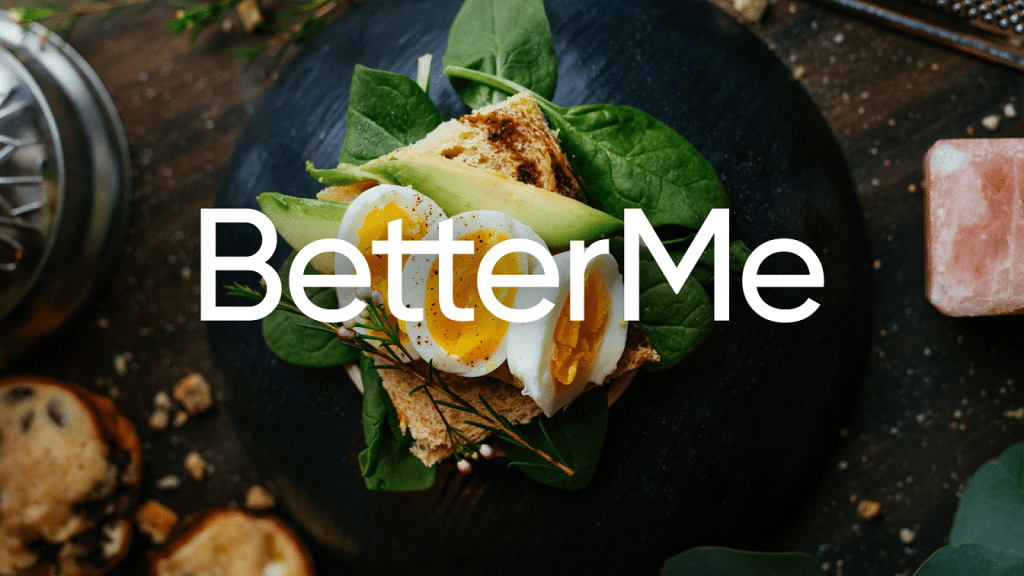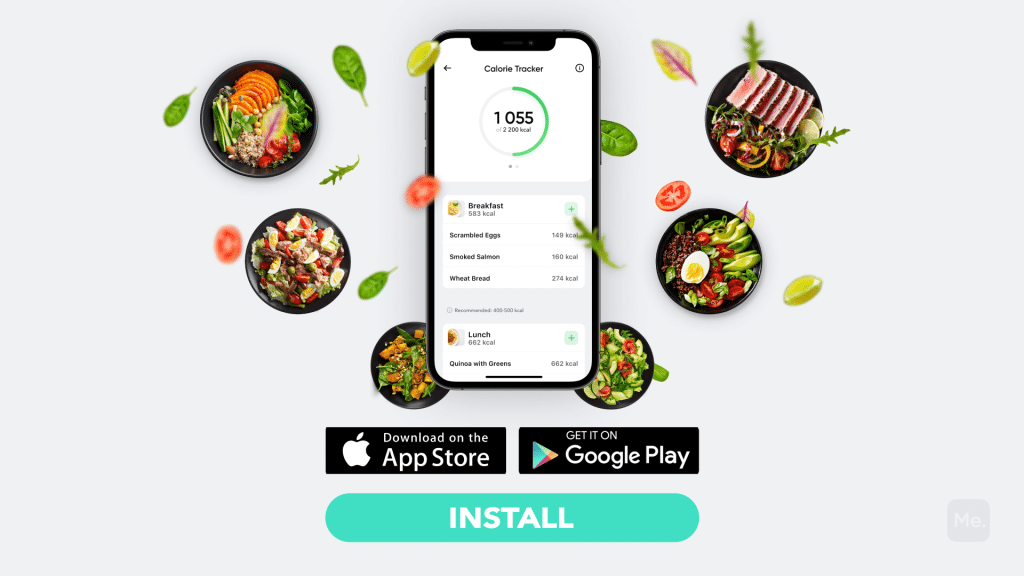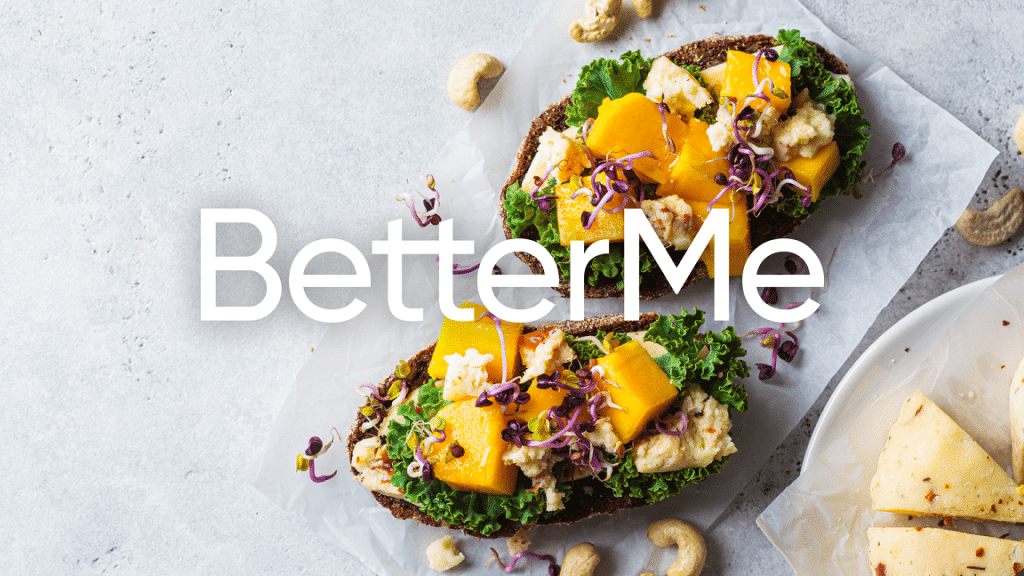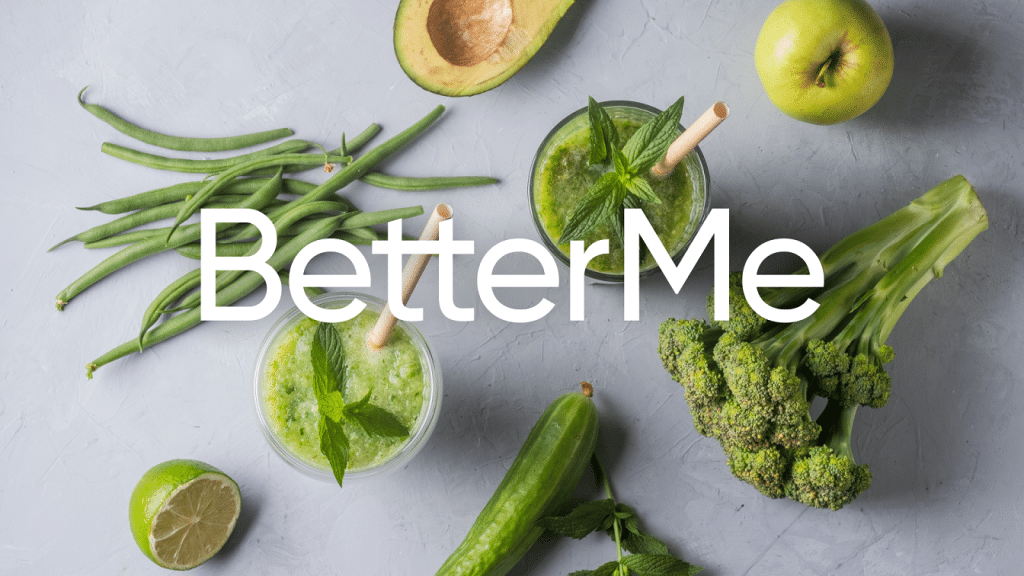Proteins are essential macronutrients that perform a variety of functions in the human body. They are necessary for the structure and function of all cells, tissues, and organs (10). Proteins are made up of amino acids, which are linked together like beads on a string. There are 20 different amino acids that can be used to make a protein, but the order in which they are strung together is what determines a protein’s function (8). Why does it matter if a protein source is complete or incomplete? You need this knowledge to ensure you’re eating a balanced diet and getting all the nutrients your body needs to function properly. Vegans and vegetarians especially need to be aware of the difference between complete and incomplete proteins. This is because they may not be getting all the essential amino acids their bodies need from the foods they’re eating (2). Read on to learn more about the difference between complete and incomplete proteins, and how to make sure you’re getting enough of both in your diet.
What Are Complete Proteins?
A complete protein is a food that contains all nine of the essential amino acids your body needs. Essential amino acids can’t be made by your body, so you must get them from the foods you eat (1). The rest of the amino acids are non-essential, meaning that your body can make them if you don’t get them from your diet.
Complete proteins are typically animal-based foods, such as meat, poultry, fish, eggs, and dairy (13). However, there are a few plant-based foods that are complete proteins, too. These include quinoa, buckwheat, and soy.
What Are Incomplete Proteins?
Incomplete proteins are missing one or more of the essential amino acids your body needs. Most plant-based foods are incomplete proteins, except for a few (like quinoa, buckwheat, and soy) (13).
Incomplete proteins can be combined to create a complete protein. This is often referred to as “protein complementing (9).” For example, eating rice and beans together provides all the essential amino acids your body needs.
Other examples of protein-complementing foods include corn and beans, peanut butter and whole-wheat bread, and hummus and pita.
Read More: Mycoprotein: Is It A Safe Source Of Protein?
Examples Of Complete And Incomplete Proteins
Great sources of complete proteins are:
- Fish
- Poultry (chicken, duck, or turkey)
- Red meat (beef, pork, lamb)
- Eggs
- Dairy (milk, yogurt, cheese)
- Soy (tofu, edamame)
- Quinoa
- Buckwheat
- Hempseed
These are all excellent sources of protein that will give your body the amino acids it needs to function properly.
On the other hand, incomplete proteins are:
- Grains (rice, wheat, oats)
- Legumes (beans, lentils)
- Nuts and seeds
- Vegetables (soybean sprouts, spinach, broccoli)
- Fruits (avocados, bananas)
These foods don’t contain all the essential amino acids your body needs, but they can be combined to create a complete protein.
How Much Protein Do You Need?
The amount of protein you need depends on your age, sex, and level of activity.
The Recommended Dietary Allowance (RDA) for protein is 0.36 grams per pound (0.8 grams per kg) of body weight. So, if you weigh 150 pounds (68 kg), you would need at least 54 grams of protein per day (4).
Pregnant and breastfeeding women need more protein. The recommendation for pregnant women is between 0.54 to 0.69 grams per pound (1.2 to 1.52 grams per kg) of body weight, while the recommendation for breastfeeding women is 0.67 grams per pound (1.5 grams per kg) of body weight (7) (3).
Athletes and people who exercise regularly also need more protein than people who are more sedentary (11). How much additional protein you need depends on the intensity and duration of your workouts.
You can get the protein your body needs by eating a variety of complete and incomplete proteins throughout the day. Combining different types of proteins at each meal can help you meet your needs.
For example, a breakfast of oatmeal, milk, and fruit provides a mix of incomplete proteins that can be complemented by eating nuts or nut butter either at the same time or later in the day. You could also have eggs for breakfast, a salad with grilled chicken for lunch, and fish for dinner.
If you’re following a vegetarian or vegan diet, it’s especially important to pay attention to your protein intake and make sure you’re getting all the essential amino acids your body needs. This can be done by carefully choosing protein-rich foods and combining and varying them throughout the day (6).
Protein powder can also be a helpful way to increase your protein intake (12). Look for a powder that is a complete protein and has all the essential amino acids your body needs. There are plant-based ones available. You can add it to smoothies, shakes, and other recipes.
BetterMe app will kick you out of the mental funk, shake off your extra weight, rid you off your energy-zapping habits, and help you sculpt the body of your dreams. Intrigued? Hurry up and change your life for the better!
Are There Any Harmful Effects Of Eating Too Much Protein?
You should eat a variety of lean protein sources for a balanced diet. However, eating too much protein can have harmful effects on your health, such as:
Weight Gain
A high-protein diet can help you lose weight, but only if you eat fewer calories than you burn (15). If you eat more calories than you burn, you will gain weight.
Impact On Kidney Disease
If you have later stage chronic kidney disease, eating a high-protein diet can make it worse. You probably have a specific limit recommended to you by your nephrologist and registered dietitian. An excessively high-protein diet (especially animal protein) may also cause kidney damage in healthy people, but this is still being researched (14).
High Cholesterol And Triglycerides
A high-protein diet can raise your cholesterol and triglyceride levels, especially if you eat a lot of high-fat animal protein sources. This may increase your risk of heart disease (16).
Cancer
Eating a lot of red meat has been linked to an increased risk of certain types of cancer, such as colon cancer (5).
Read More: Easy Ways To Get More Protein: A Nutritionist’s Guide
The Bottom Line
Both complete and incomplete proteins are important for your health. Make sure to include a variety of both in your diet to meet your protein needs. At the same time, don’t forget to pay attention to portion sizes and balance in your diet, as eating too much protein might lead to weight gain and other health problems.
Get your personalized
meal plan!
DISCLAIMER:
This article is intended for general informational purposes only and does not serve to address individual circumstances. It is not a substitute for professional advice or help and should not be relied on for making any kind of decision-making. Any action taken as a direct or indirect result of the information in this article is entirely at your own risk and is your sole responsibility.
BetterMe, its content staff, and its medical advisors accept no responsibility for inaccuracies, errors, misstatements, inconsistencies, or omissions and specifically disclaim any liability, loss or risk, personal, professional or otherwise, which may be incurred as a consequence, directly or indirectly, of the use and/or application of any content.
You should always seek the advice of your physician or other qualified health provider with any questions you may have regarding a medical condition or your specific situation. Never disregard professional medical advice or delay seeking it because of BetterMe content. If you suspect or think you may have a medical emergency, call your doctor.
SOURCES:
- Biochemistry, Essential Amino Acids (2022, ncbi.nlm.nih.gov)
- Dietary Protein and Amino Acids in Vegetarian Diets—A Review (2019, mdpi.com)
- Dietary protein and nitrogen balance in lactating and nonlactating women (1990, academic.oup.com)
- Dietary protein intake and human health – Food & Function (2016, pubs.rsc.org)
- Meat Consumption and Cancer Risk (2007, journals.plos.org)
- Nutritional Update for Physicians: Plant-Based Diets (2013, ncbi.nlm.nih.gov)
- Protein and Amino Acid Requirements during Pregnancy (2016, academic.oup.com)
- Protein and Amino Acids – Recommended Dietary Allowances(1989, ncbi.nlm.nih.gov)
- Protein Complementation (2011, nutrition.org)
- Protein Function – Molecular Biology of the Cell (2002, ncbi.nlm.nih.gov)
- Protein intake for athletes and active adults: Current concepts and controversies (2015, onlinelibrary.wiley.com)
- Protein Supplements and Their Relation with Nutrition, Microbiota Composition and Health: Is More Protein Always Better for Sportspeople? (2019, mdpi.com)
- Protein – Which is Best? (2004, ncbi.nlm.nih.gov)
- The Effects of High-Protein Diets on Kidney Health and Longevity (2020, ncbi.nlm.nih.gov)
- The role of protein in weight loss and maintenance (2015, academic.oup.com)
- Triglyceride and cardiovascular risk: A critical appraisal (2020, ncbi.nlm.nih.gov)
